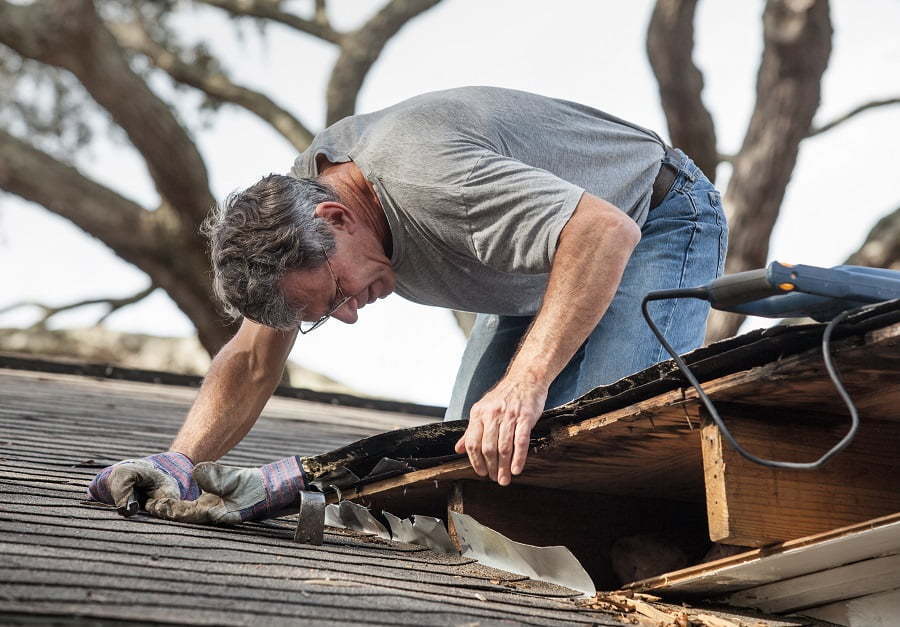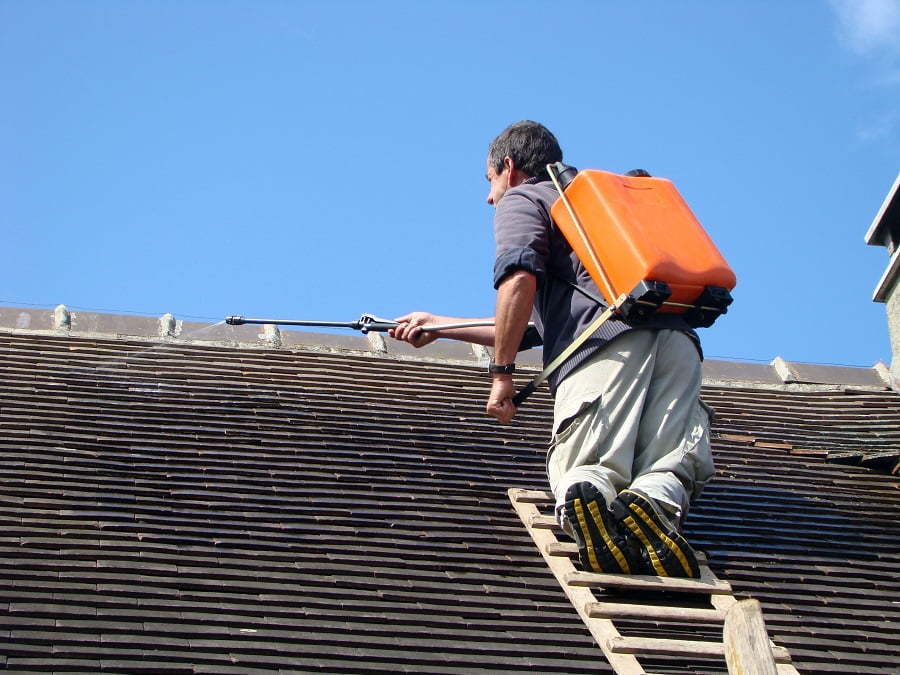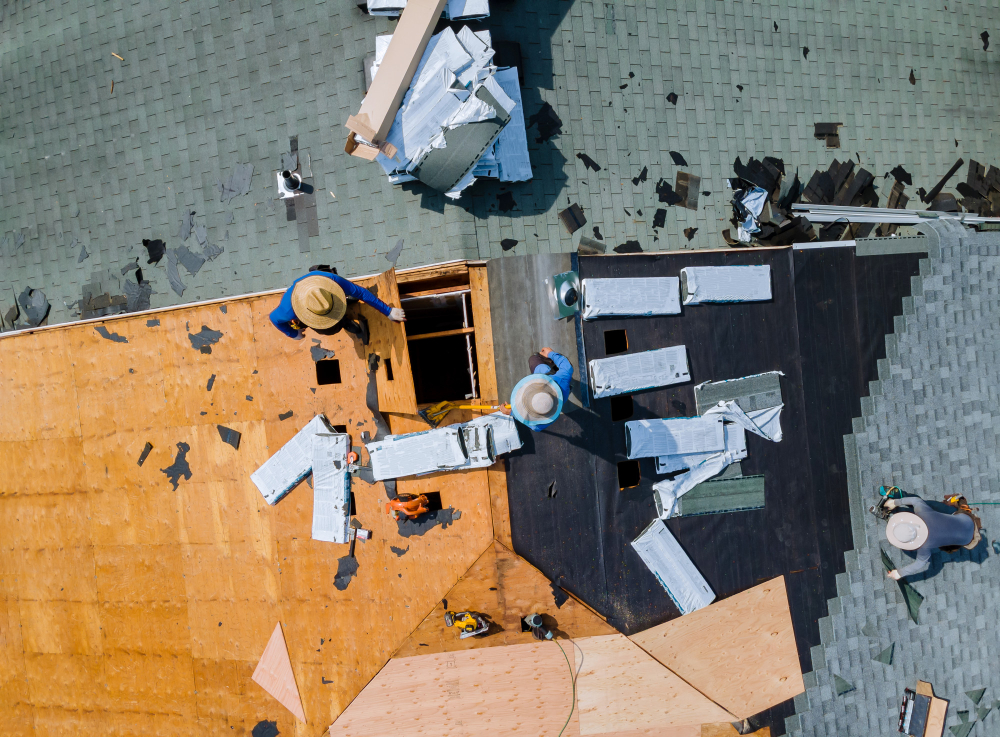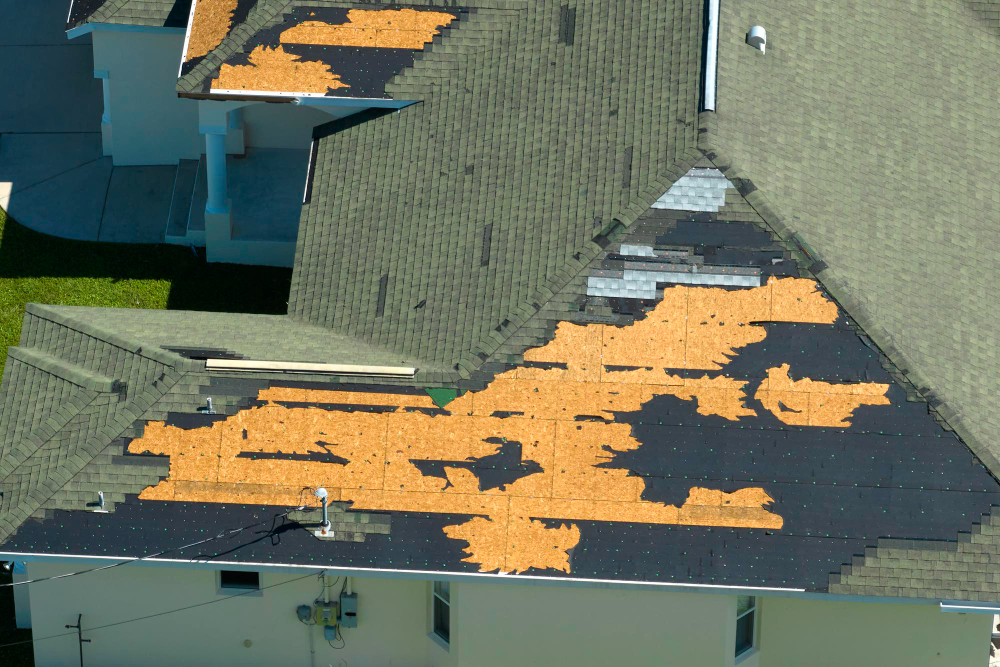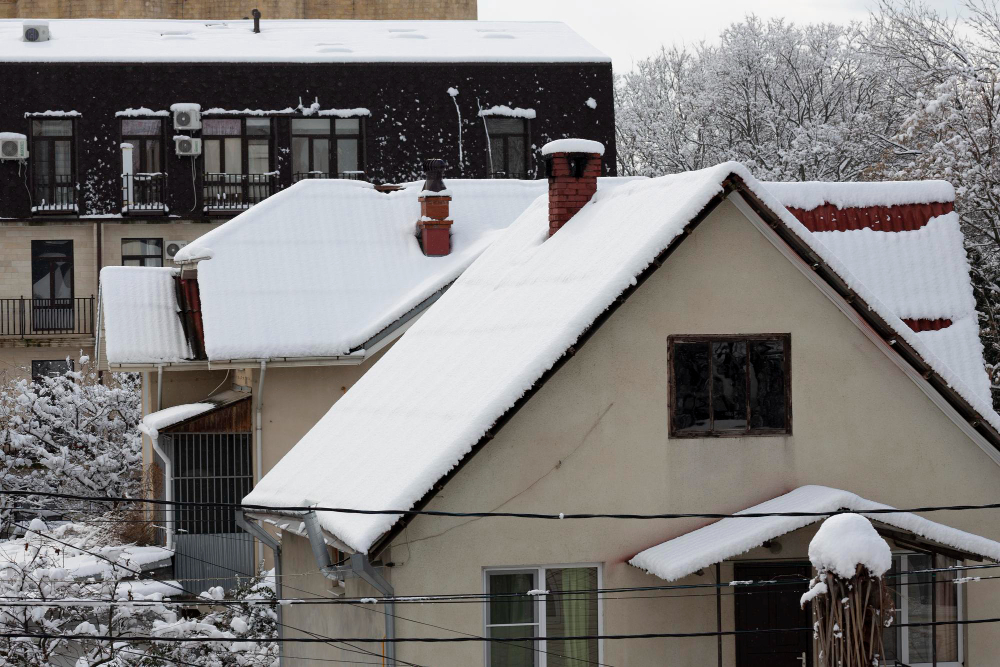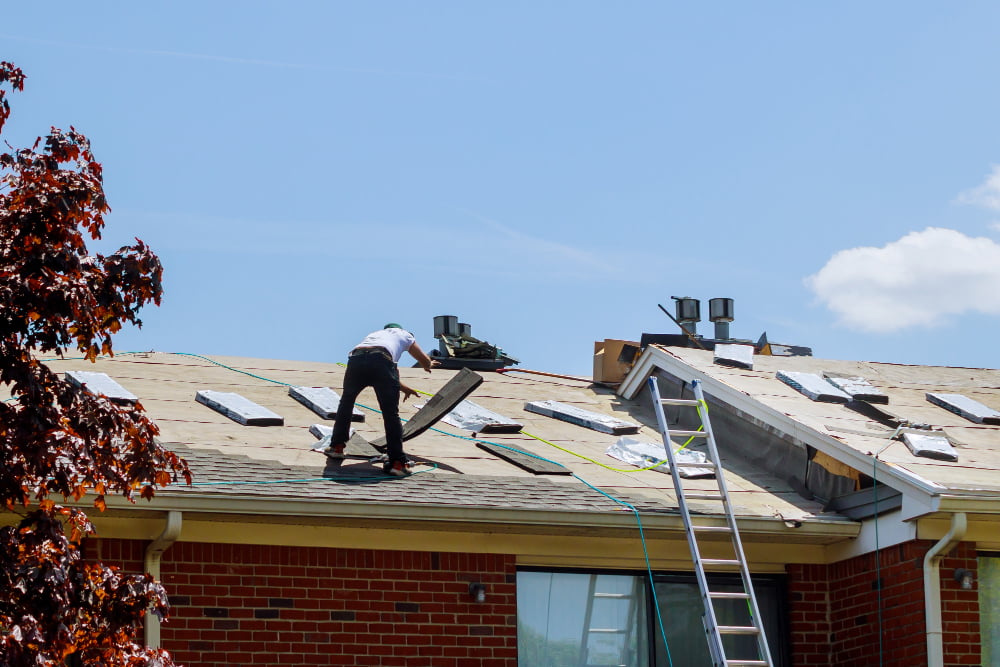Last updated on
Your home’s roof is one of its most critical components, protecting you and your property from the elements. While it may not always be in your line of sight, neglecting roof maintenance can lead to costly problems down the road.
This article explores the importance of regular roof maintenance, why it matters, and how often you should have it done to ensure the longevity and integrity of your roof.
Why Roof Maintenance Matters
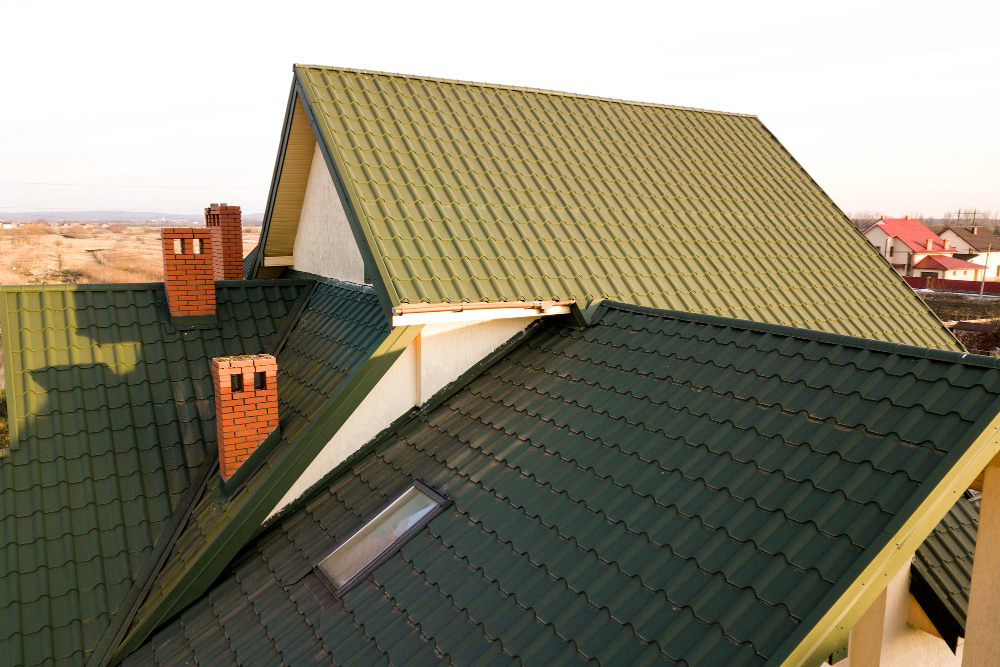
Regular roof maintenance can help you catch minor issues before they escalate into significant problems. Additionally, a well-maintained roof lasts longer.
According to the seasoned roofers behind Unisource Roofing, when you invest in roof maintenance, you’re essentially extending your roof’s life, saving you a considerable amount of money in the long run. A properly maintained roof can also help regulate your home’s temperature, keeping it cooler in the summer and warmer in the winter.
Your home is one of the most significant investments you’ll make in your lifetime. Roof maintenance safeguards this investment, ensuring your property retains its value and appeal.
How Often Should You Perform Roof Maintenance?
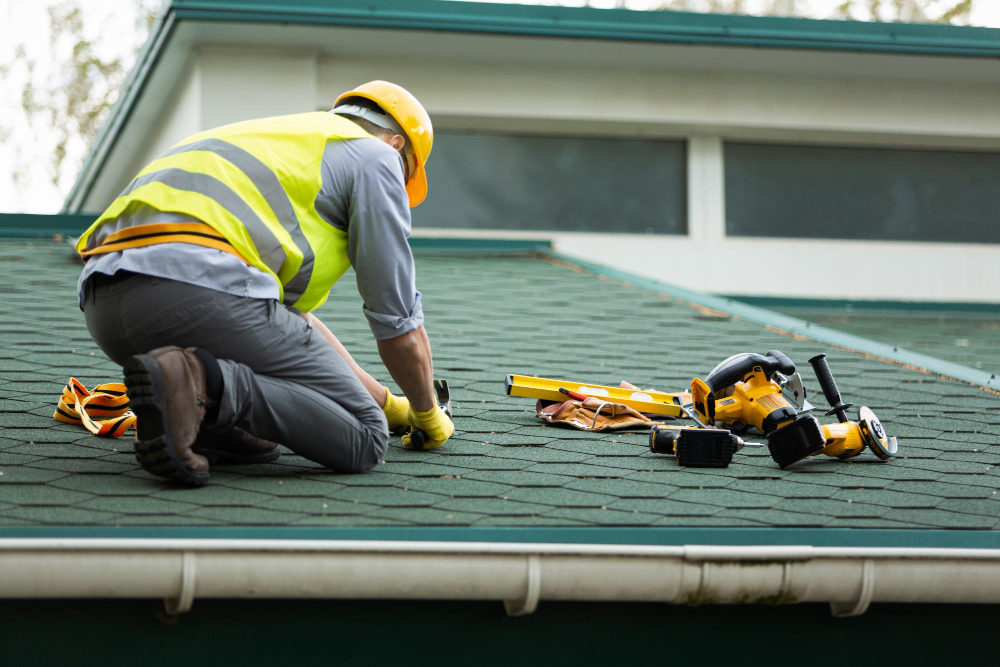
The recommended frequency of roof maintenance can vary based on factors such as climate, the type of roofing material, and the age of your roof. However, the following general guidelines can help you establish a routine for keeping your roof in top condition:
Annual Inspections
A thorough roof inspection should be performed at least once a year. The best time for this inspection is typically in the fall before the harsh winter weather arrives. During this annual checkup, a professional roofing contractor or qualified inspector will:
- Inspect the condition of shingles, tiles, or roofing material, checking for cracks, curling, or missing pieces.
- Check for damaged or clogged gutters, leading to water buildup and roof leaks.
- Inspect the flashing around roof penetrations, such as vents, chimneys, and skylights, to ensure they are in good condition.
Annual inspections are essential for catching minor issues early and addressing them before they become significant problems.
Bi-Annual Inspections in Harsh Climates
In areas with extreme climates, it’s advisable to conduct two annual roof inspections: one in the fall, as mentioned earlier, and another in the spring. This additional inspection in the spring helps ensure that the roof has survived the winter without any damage from snow, ice, or strong winds.
After Severe Weather Events
After severe weather events, it’s crucial to have your roof inspected. Even if you have already conducted an annual inspection, storms, heavy winds, or hail can cause sudden damage that may take time to notice. It’s a good practice to have your roof checked after any significant weather event to promptly identify and address any issues.
When to Call a Professional
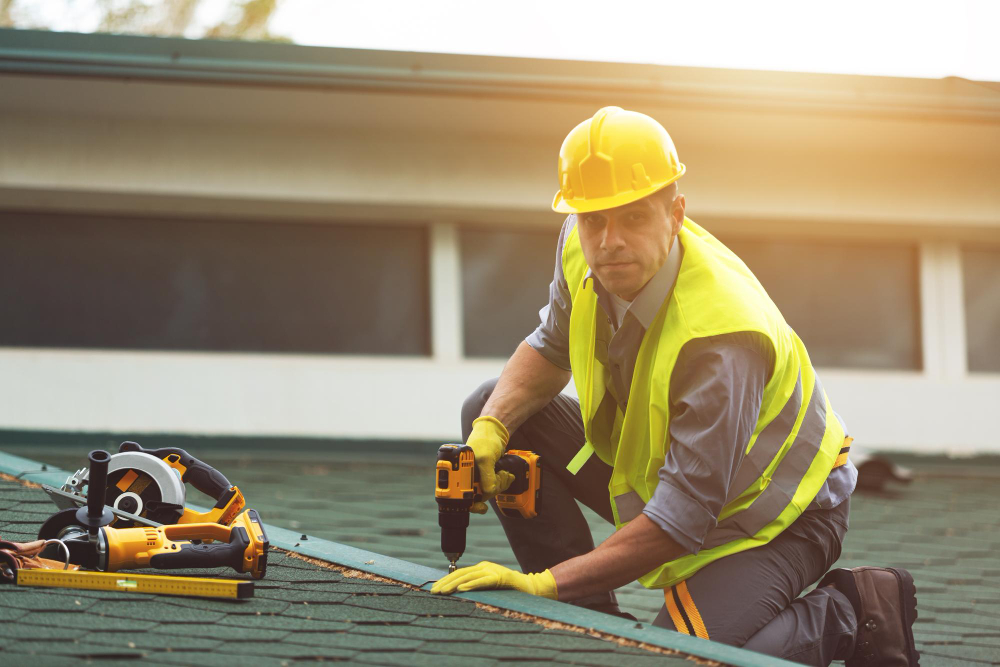
While DIY maintenance can help, it’s essential to recognize when to call in a professional roofing contractor. Consider seeking professional assistance in the following situations:
- If you notice significant damage or issues during your self-check.
- After severe weather events, even if there is no visible damage from the ground.
- When it’s time for your annual inspection, having a professional roofer perform a comprehensive check is best.
- If you’re uncomfortable climbing onto your roof or lacking the necessary equipment and safety gear.
Regular roof maintenance is a vital aspect of responsible homeownership. It helps protect your property, extends the life of your roof, and prevents costly repairs.
By following a consistent schedule of inspections and self-checks, you can identify and address issues before they become significant problems. When in doubt, don’t hesitate to seek professional help to ensure your roof remains in top-notch condition and continues to provide protection and comfort for your home.
Related reading:
Table of Contents
